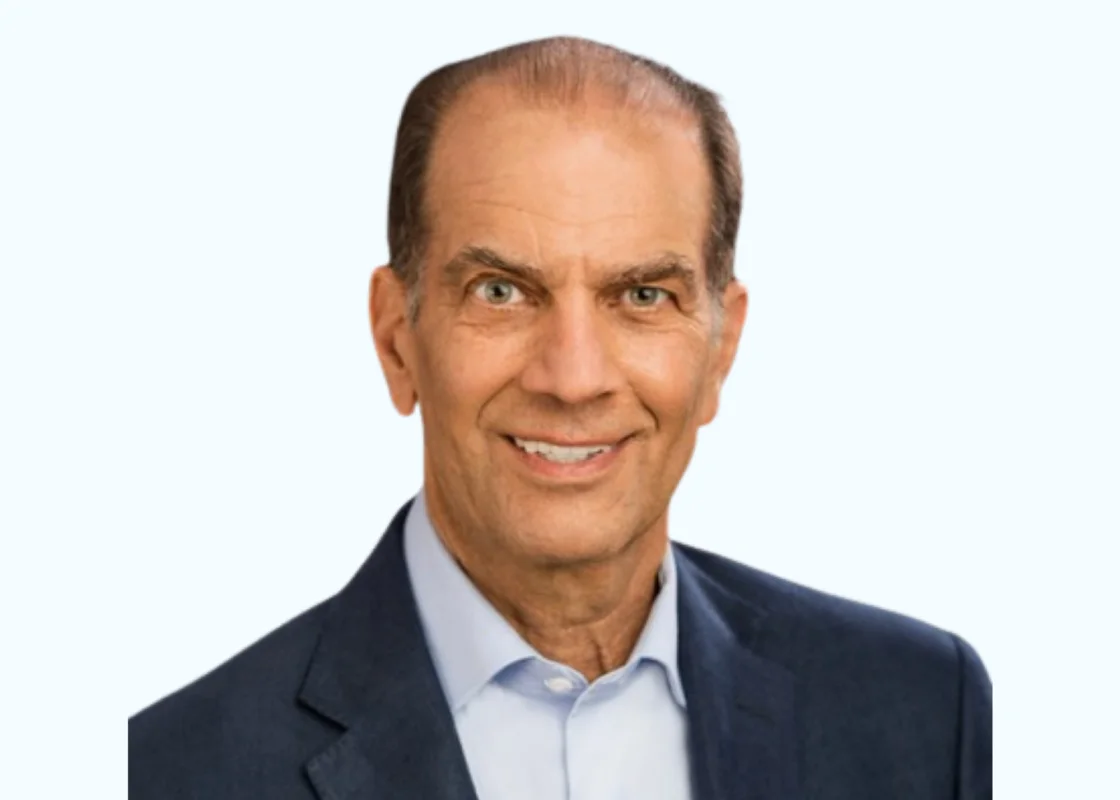Transformational Leadership in the Restaurant Industry
The restaurant business has always been challenging, competitive and hazardous, with a recent study by Dr. HG Parsa pointing to a 59% restaurant failure rate within the first 3 years of operation. In looking at all the factors affecting the business, a strong case can be made that highly effective leadership is the primary determiner of restaurant success. This article proposes a path of transformational leadership for restaurant entrepreneurs to adopt as a way to maximize their chance for success.
What is Transformational Leadership?
Transformational leadership can be described as consisting of two major responsibilities:
- providing an ongoing vision for the business and the execution of that vision while always working on healthy strategic growth
- creating a work culture that continuously promotes active employee engagement, high productivity and a genuine commitment to the well being of the staff
Both responsibilities are vital to a restaurant’s continued success and also require very different skill sets that very few entrepreneurs possess when they first get started. However, they are skills that entrepreneurs can develop with a commitment to learning and willingness to experiment and adapt. In addition, the delegation of some of the responsibility with active oversight is another means of managing to implement the benefits of the two roles. The following are specific areas that comprise each of these responsibilities:
The Visionary Growth Executor
To paraphrase Bob Dylan and a line from The Shawshank Redemption, “Restaurants that aren’t busy growing are slowly (or in some cases, rapidly) busy dying.” Every year, new and old competition is looking to take away your customers. Rent, cost of goods and labor expenses are on the rise. If an operator is not proficiently implementing an ongoing strategic and detailed growth plan, they’re falling behind. Being a visionary is to see a future that doesn’t exist and create a path to it. That takes courage, knowledge, and commitment. The following are five key areas of focus to develop visionary transformational leadership:
- Dynamic Flexible and Realistic Growth Plan: Growth can take place in a variety of ways. If you are a single operator who has no desire to go beyond the love of your neighborhood place, growth can be the development of a more active strategy to retain and increase a regular customer base. Other avenues for single operator growth could be a robust catering and delivery program, training staff to increase check averages with creative menu additions and promoting profitable special events. Localized growth can also mean an abiding commitment to continually move towards excellence and efficiency in the way your business operates. In addition, single unit growth can be seen as further developing staff and their financial rewards or becoming a leading voice in local sustainability or healthy food issues. If your goals are to go beyond your four walls, then solid infrastructure and brand development are key. Growth can take the form of multiple units, franchised or company-owned, or developing a mix of different concepts or connected businesses, or building your reach to include branded retail products like dressings, condiments and other grocery shelf items. Finally, as a leader, you can incorporate any combination of the above directions in your pursuit of development.
- Develop Staff to Support Growth: Successful growth demands highly competent and committed people to take on greater responsibility. As a transformational leader, you need to have in place a clear program for developing and mentoring staff to take on the necessary work involved. As well as creating internal growth positions within the restaurant, this could also involve forming partnerships with qualified staff in opening new business ventures.
- Continual Learning and Adaption of Industry Trends: This involves initiatives such as promoting new menu items and dietary trends like plant-based foods and gluten-free options, adopting new technology and social media that can impact your business and always looking to incorporate different creative ways to enrich the customer experience.
- Development of Diverse Income Streams: One way to counter the inevitable flattening out of a business trajectory is to build multiple income streams. As referenced above, this could take the form of a variety of in-store income streams like catering or special events or developing outside business opportunities that continue to grow your brand.
- Commitment to Goals and a Mission Beyond Restaurant Success: Transformational leadership sees the mission of a business as significantly impacting the community outside of its four walls. A business has an extraordinary opportunity to be a leading voice in affecting positive community change. It has also been demonstrated that consumers and staff have a stronger connection and loyalty to a business that incorporates a wider mission than simply their own success.
The Culture Creator
Many experts estimate that most workers in this economy operate at a performance level of 50% or lower with no real understanding or connection to the goals of the businesses they work for. A culture that can significantly raise that performance level while actively getting productive contributions from the staff creates a major competitive edge for the restaurant. This also would also impact minimizing costly employee turnover which has been a significant issue in the hospitality industry. Imagine creating a workspace where employees look forward to being involved and are motivated to contribute to the success of the business. The following are five areas of focus for the transformational leader to develop in creating a highly engaged and productive work culture:
- Hire Smart: You can’t bake a delicious tasting cake with the wrong or poor ingredients. The ability to assess the character, chemistry and strategic placement of potential staff is critical to any future growth and success.
- Train and Coach for Success: Transformational leaders understand that a positive work culture involves constant training and coaching while allowing for failure as a way to encourage learning and contribution.
- Provide Opportunity for Growth and Security: Depending on whether an employee is ambitious and seeks opportunity or a grinder who just does their daily job consistently and with a great attitude, you need to understand how to help define clear motivation and goals. The ambitious employee needs to take on greater challenges with more responsibility. The grinder may look for long-term security and increased financial reward. You need to be responsive to both to build a sustained and vibrant work culture.
- Be Highly Approachable and Genuinely Respectful: Be a leader who cares and demonstrate that by having an open door and genuine commitment to listening with the realization that every staff member counts and makes a vital contribution to the success of the restaurant.
- Family and Fun: Loneliness is the number one factor in dysfunctional mental health. In this age of social media with everyone having a broad width of acquaintances and a shallow depth of strong close friendships, a transformational leader can create a culture that counters this trend by providing a healthy family experience which is primal to everyone’s needs. The goal is to have a highly productive staff feel at home while at work.
Transformational leadership is a way of being, not simply a list of tasks to be completed. An entrepreneur who is committed to transformational leadership reflects it by the way they go about their daily business. The act of balancing the visionary and culture creating roles is challenging yet ultimately deeply rewarding if the purpose is to make a real difference on multiple levels. Transformational leadership provides the entrepreneur with a creative and practical approach to their most critical role: leading a business to successful growth in the full and dynamic sense of its meaning.
About the author
Alan Someck has a 42-year career in the hospitality industry. He has been an operator of high-volume restaurants for 25 years where he has been involved in running all facets of the business. His experience and expertise have led him to develop a well-regarded expert witness practice and consulting business. Alan has worked with many clients to create and build their concepts. In addition, he has worked on developing food products for market. Alan has also been awarded 7 EPA grants to train operators in Green sustainable industry practices. He has created an extensive network of industry professionals who he works with on a regular basis. Throughout his career, Alan has supported the success of entrepreneurs through executive coaching and training. For the past 14 years, Alan has taught at the Institute for Culinary Education in NYC and at NYIT where he has taught all aspects of culinary management. His students have opened fast-casual restaurants, cafes, bakeries, and fine dining operations all over the country and internationally. Alan is an active consultant at Cayuga Hospitality Consultants.
Contact Us




